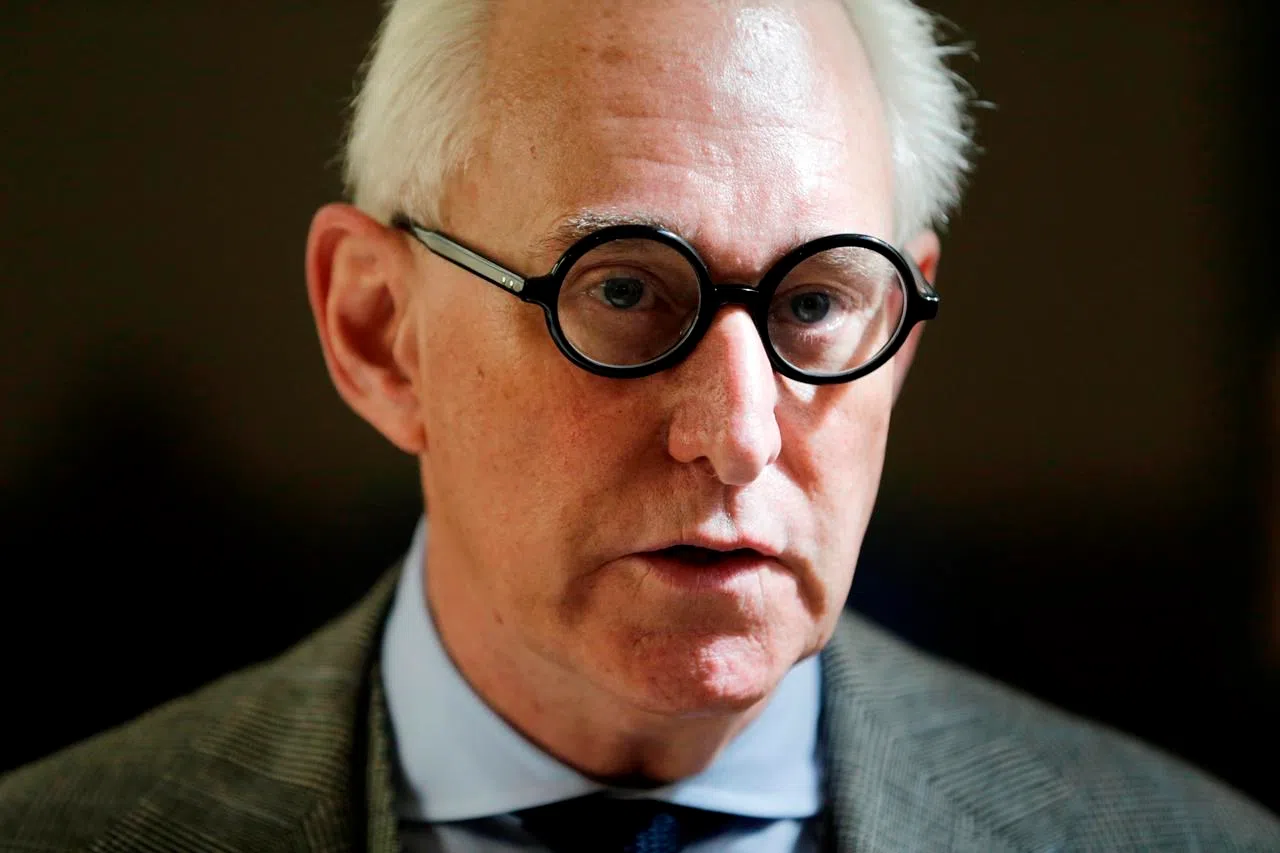
Stone says no co-ordination between Trump campaign and Russia
WASHINGTON — Longtime Donald Trump associate Roger Stone said Tuesday he’s “aware of no evidence whatsoever” that Trump’s campaign co-ordinated with Russians during the 2016 election.
Stone spoke to the House intelligence committee for more than three hours as part of the panel’s probe into Russian interference in the election. Afterward, he told reporters that the majority of lawmakers’ questions focused on his communications with Guccifer 2.0, the unnamed hacker who has taken credit for breaking into Democratic National Committee email servers. He said questions also focused on communications he had through an intermediary with WikiLeaks founder Julian Assange.
Stone has long denied that he worked with Russian officials to influence the presidential election. In a lengthy and combative statement released Monday night ahead of the interview, Stone said “there is one ‘trick’ that is not in my bag and that is treason.”
Stone, a Republican strategist who has known Trump for many years and informally advised him during the 2016 campaign, has denied that he had advance knowledge of the leak of former Clinton Campaign chairman John Podesta’s emails and says he never colluded with Assange, who released Podesta’s emails on his website.


